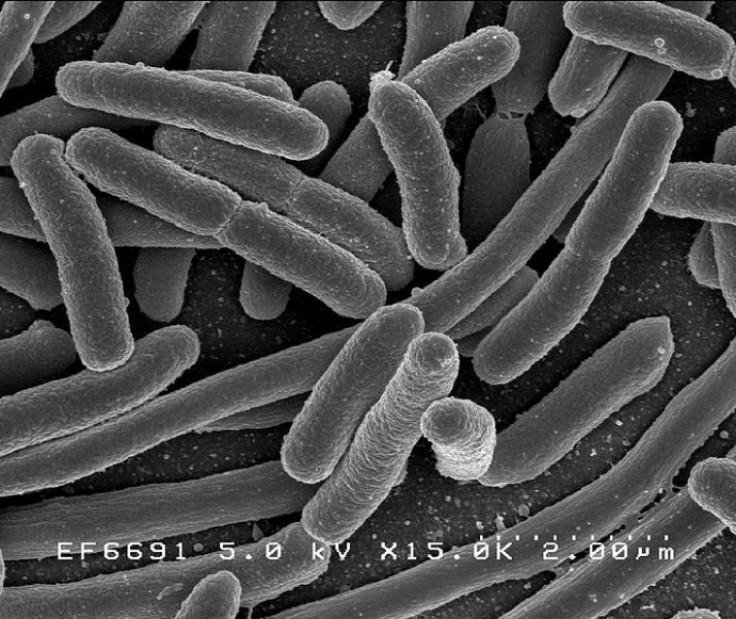Biologists Build Components of Future Germ Computers

British scientists say they can build some of the basic components for digital devices out of bacteria and DNA, suggesting a new generation of biological computing devices.
The study has been published in the journal Nature Communications.
The researchers, from Imperial College London, have demonstrated that they can build logic gates, which are used for processing information in devices such as computers and microprocessors, out of harmless gut bacteria and DNA.
“Logic gates are the fundamental building blocks in silicon circuitry that our entire digital age is based on,” said Professor Richard Kitney, co-author of the study from the college's Centre for Synthetic Biology and Innovation and the Department of Bioengineering.
“Without them, we could not process digital information. Now that we have demonstrated that we can replicate these parts using bacteria and DNA, we hope that our work could lead to a new generation of biological processors, whose applications in information-processing could be as important as their electronic equivalents,” he added.
The scientists constructed a type of logic gate called an “AND Gate” from E. coli bacteria, which are normally found in the lower intestine.
The researchers hope biological computers can be applied to monitoring human health in the future.
They believe that small biological processors, inserted in human bodies, could roam inside the bodies, monitor health and correct any problems they found. The researchers say their logic gates could someday lead to microscopic biological computers such as sensors that could swim inside arteries, delivering drugs to precise locations within the body.
These biological logic gates are the most advanced computing devices created by scientists. But there is still a long way to go to apply them in reality, said Kitney.
© Copyright IBTimes 2024. All rights reserved.











